Hydrogen Water Bottle (GoHydroWater): Facts and Analysis
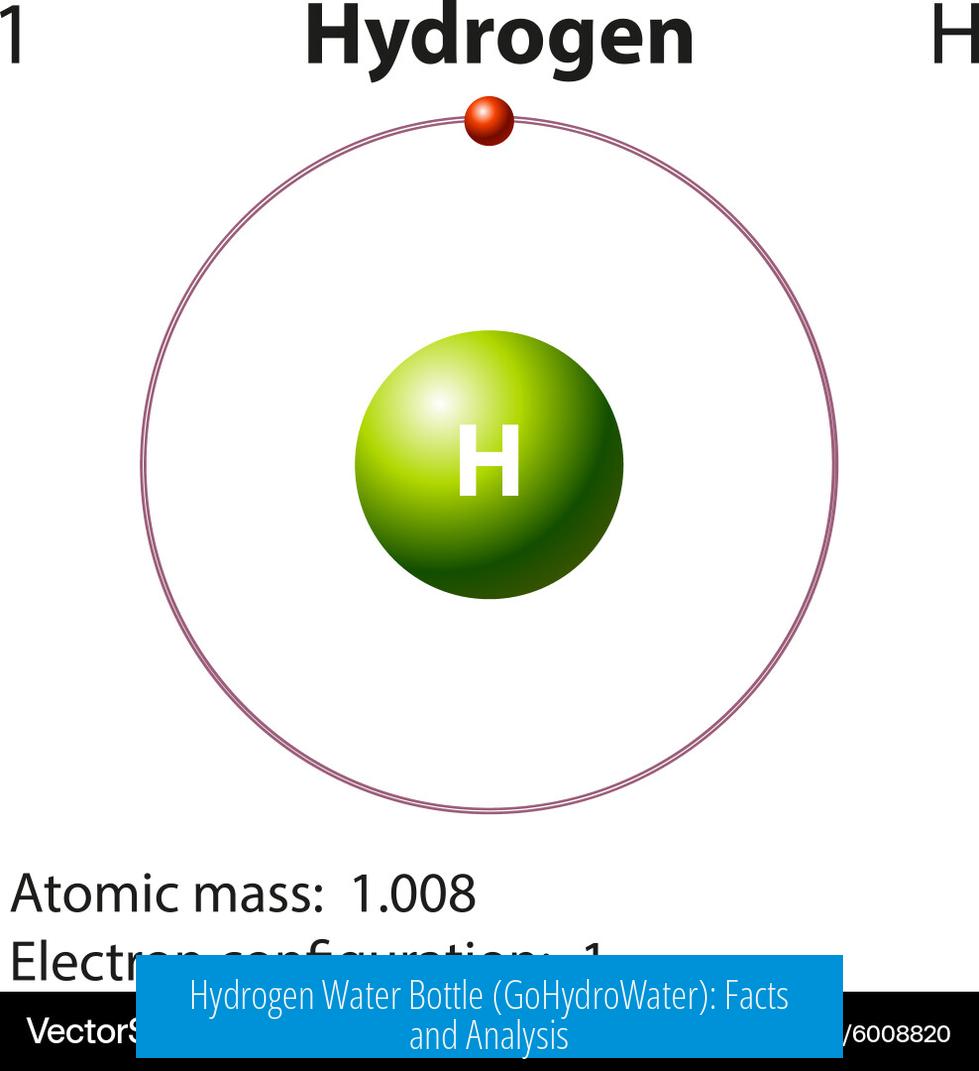
The GoHydroWater hydrogen water bottle claims to enhance health by producing hydrogen-rich water. However, scientific evidence for its benefits is marginal and inconsistent. Questions about its safety, particularly due to the electrolysis process, exist. Certifications do not guarantee water safety or chemical purity. Consumer skepticism and caution are advised.
Scientific Evidence on Hydrogen Water Benefits
Hydrogen water is water infused with molecular hydrogen (H2). Some studies suggest hydrogen acts as an antioxidant. The GoHydroWater bottle’s claim rests on this concept. However, the research presents limitations:
- A small human study with 31 participants reported slight mood and nerve function improvements after hydrogen water use. Participants also ceased alcohol consumption, confounding results. [Source]
- Meta-analyses highlight the majority of studies occurring in animals or small human cohorts, making conclusions unreliable. [Source]
- Water intake was often uncontrolled. Since water itself is a basic antioxidant, benefits might not stem from hydrogen alone. [Source]
The scientific consensus is cautious. Current human data are insufficient to prove meaningful benefits from hydrogen water consumption.
Product Safety and Certifications
GoHydroWater bottles use electrolysis technology to generate hydrogen gas in water. This involves applying an electric current to water, splitting it into hydrogen and oxygen. Some key points regarding safety and certification:
- Certifications associated with the product relate only to radio frequency emissions emitted by the hardware, not chemical safety or water quality.
- Electrolysis in drinking water raises concerns about potential by-products, such as chlorine gas or hypochlorite ions, from trace chlorides present in tap water.
- Users have reported a chlorine-like taste and smell after use, indicating possible chlorine formation during electrolysis, which questions product safety.
- Heating water to accelerate the hydrogen generation process may exacerbate chlorine release, unsafe to inhale or ingest.
Accordingly, electrolysis-based devices carrying these concerns should be approached with caution.
Consumer Skepticism and Marketing Claims
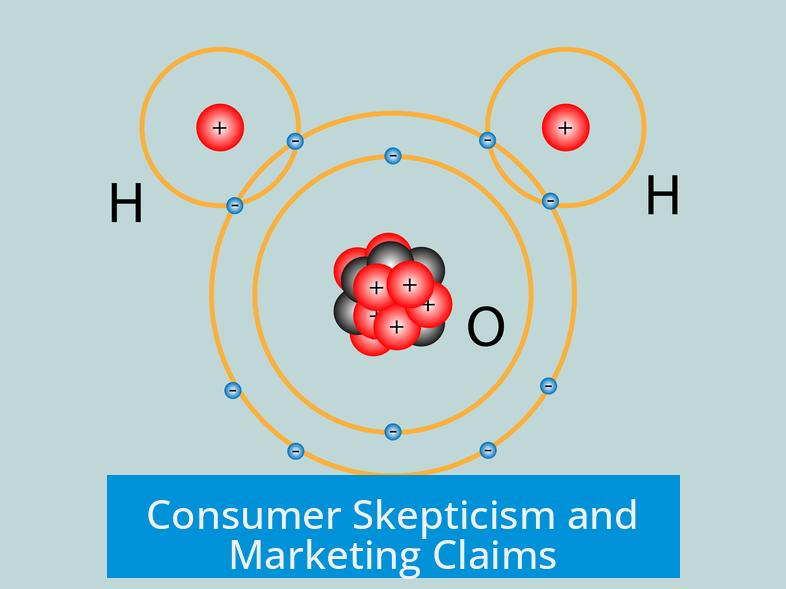
The marketing of hydrogen water bottles often includes vague or broad health claims. Critiques highlight:
- Products making generic claims to “help with every health problem” without rigorous evidence.
- The presence of certifications unrelated to the product’s health effects may mislead consumers.
- The absence of transparent chemical or manufacturing data fuels doubts about legitimacy.
- Some describe it as a form of “snake oil,” with no clear benefit beyond placebo.
Consumers are advised to research patents or teardown reviews to understand device mechanisms better. Community discussions often warn about hype and encourage skepticism.
User Experience and Community Feedback
User reports suggest mixed experiences:
- Some question the longevity and actual functional benefits over months of use.
- Complaints about taste and potential health risks from chlorine appearance.
- Community forums criticize hydrogen water as a pseudoscientific trend.
Videos and marketing material present the product positively but lack scientific depth or independent validation.
| Aspect | Details |
|---|---|
| Scientific Support | Weak human evidence, small sample sizes, inconclusive results |
| Safety Certifications | Limited to radio frequency compliance, no safety claims |
| Electrolysis Concerns | Possible chlorine generation, unpleasant taste, health risks |
| Consumer View | Skeptical, warnings about exaggerated claims and misinformation |
Key Takeaways
- Scientific studies on hydrogen water show marginal and unconfirmed health effects.
- Existing research often lacks rigorous controls and involves small groups.
- GoHydroWater’s safety certifications do not address chemical safety or purity of water.
- Electrolysis may produce chlorine compounds, raising safety and taste concerns.
- Marketing claims should be regarded with skepticism; verified health benefits are lacking.
- Consumers interested in hydrogen water should exercise caution and seek credible scientific information.


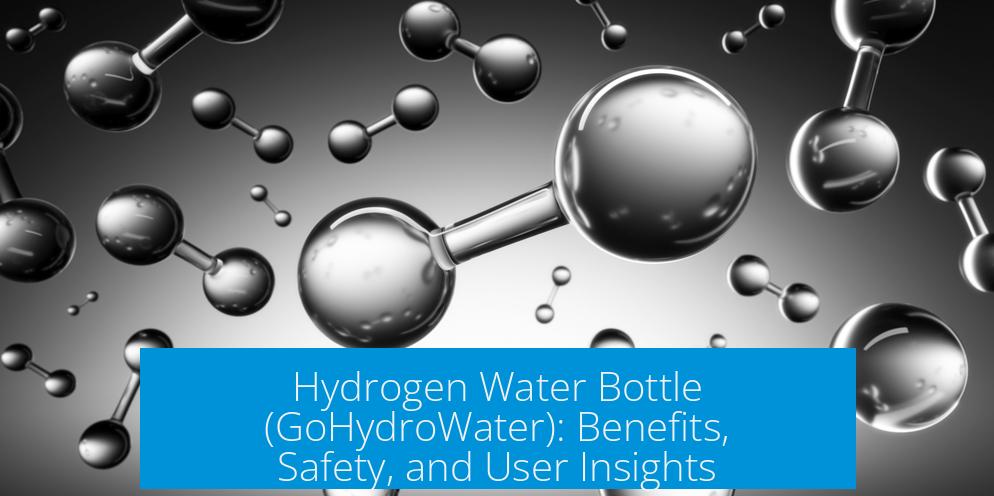
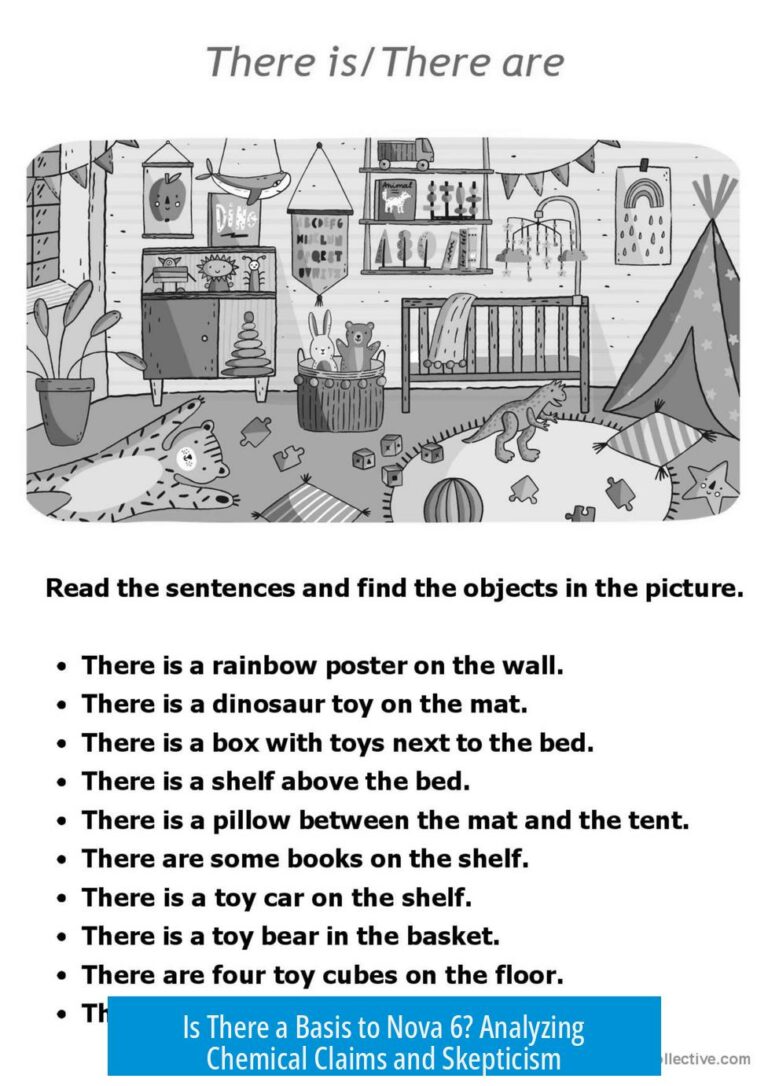
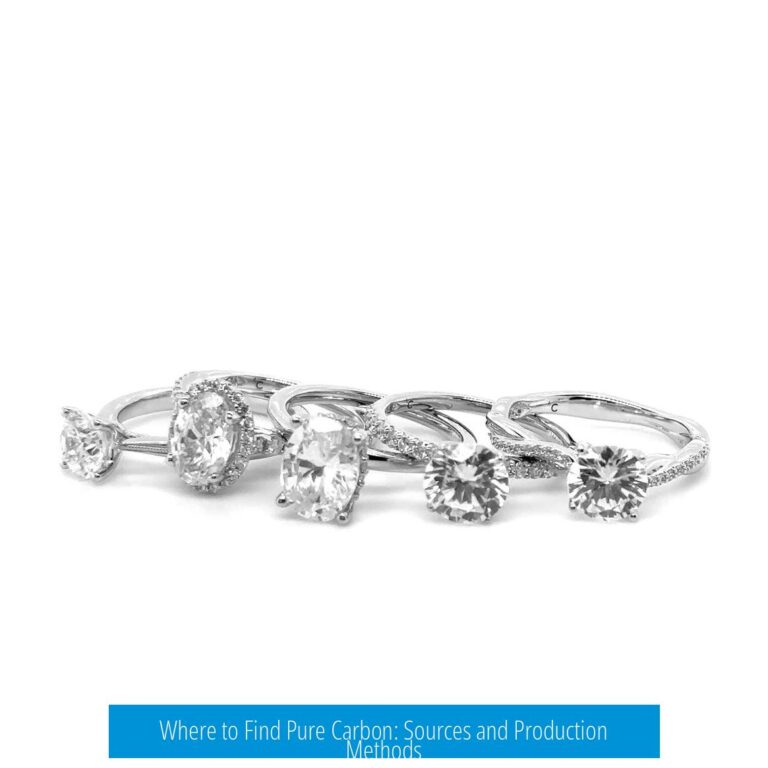
Leave a Comment